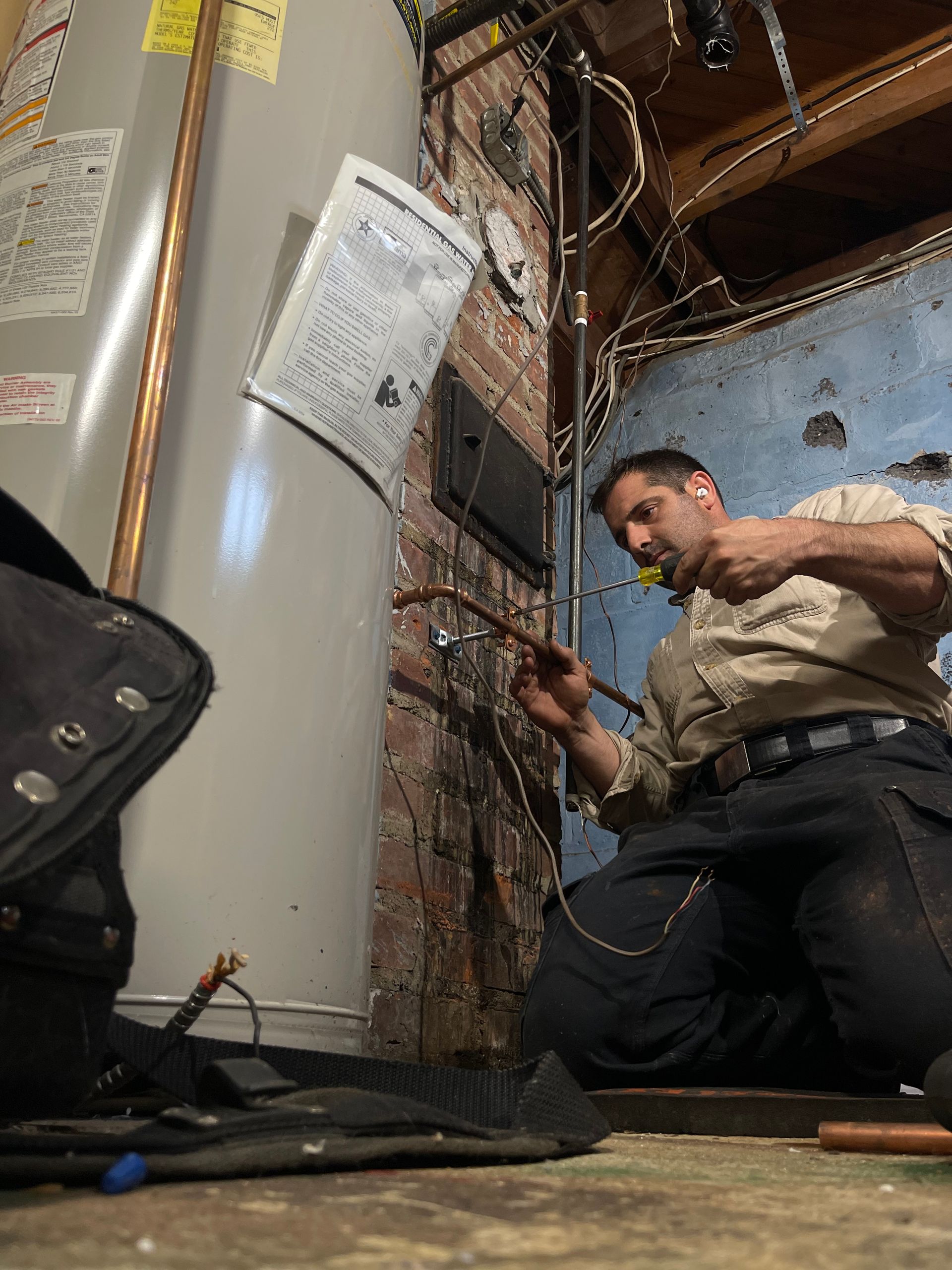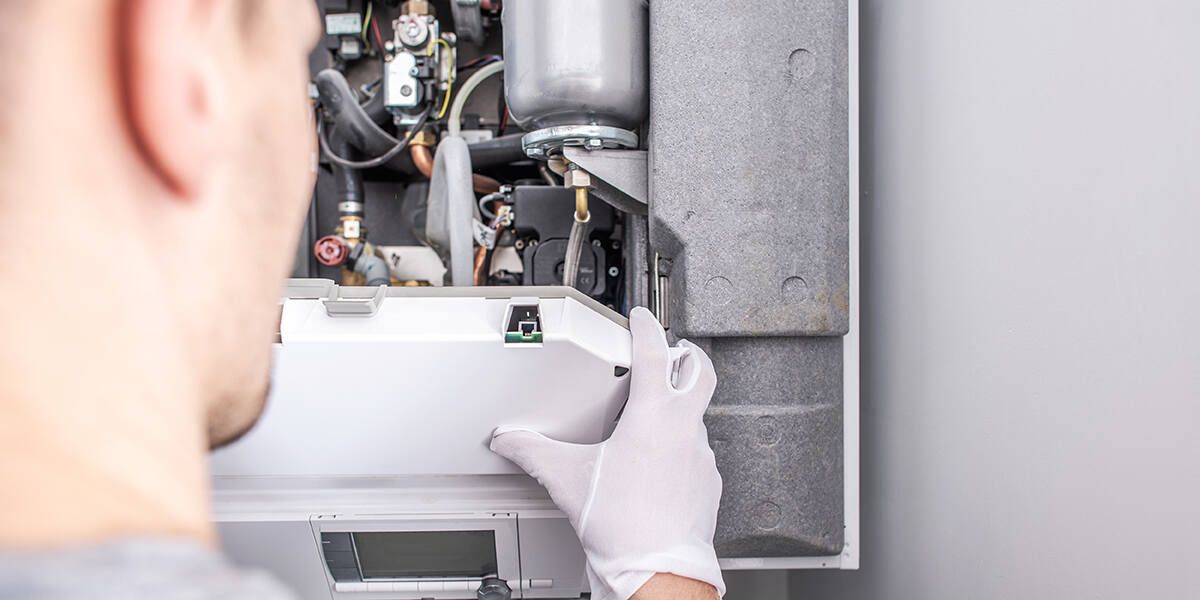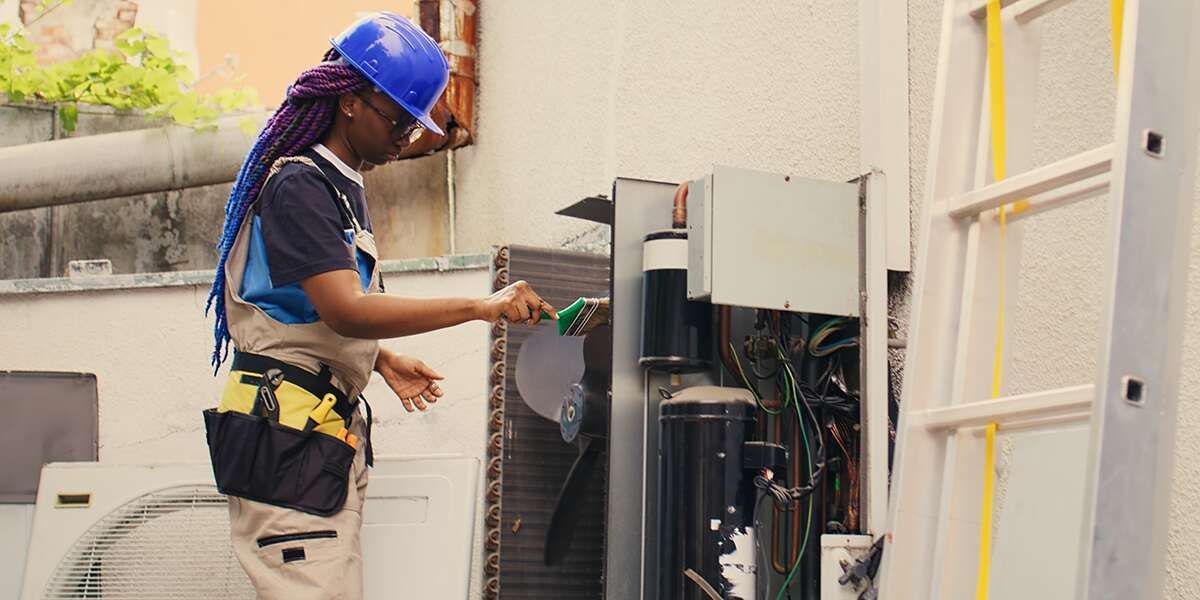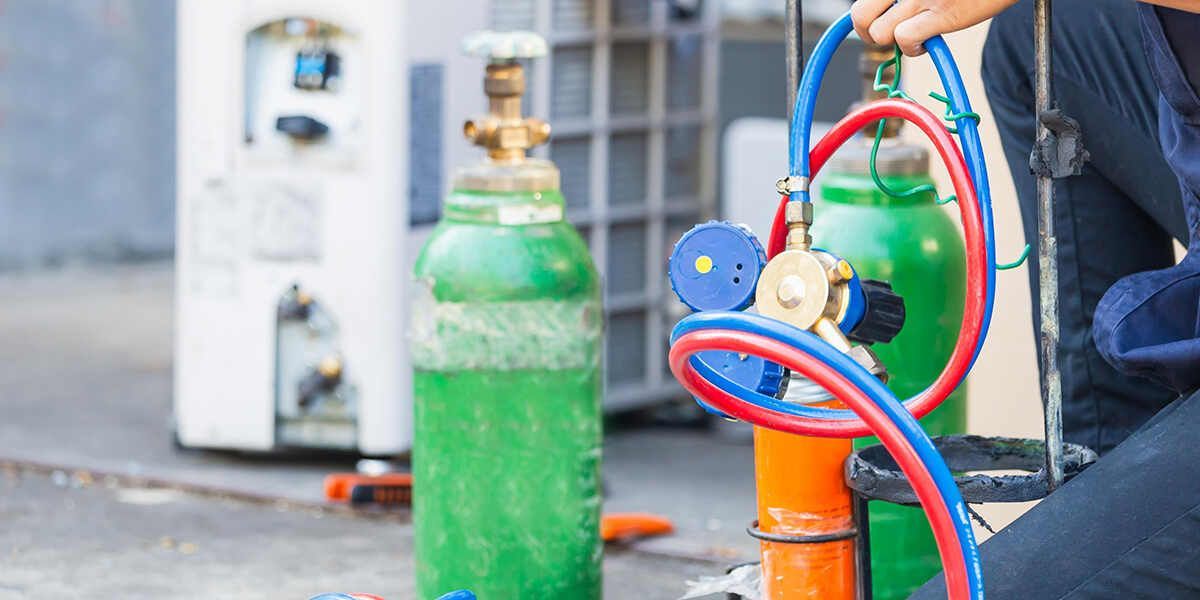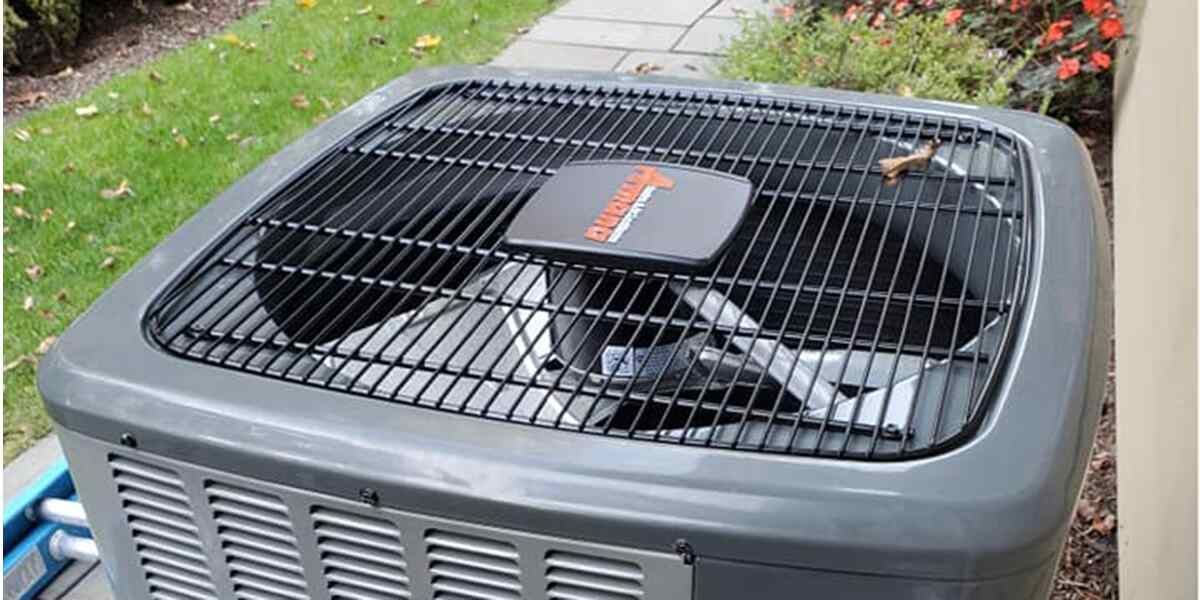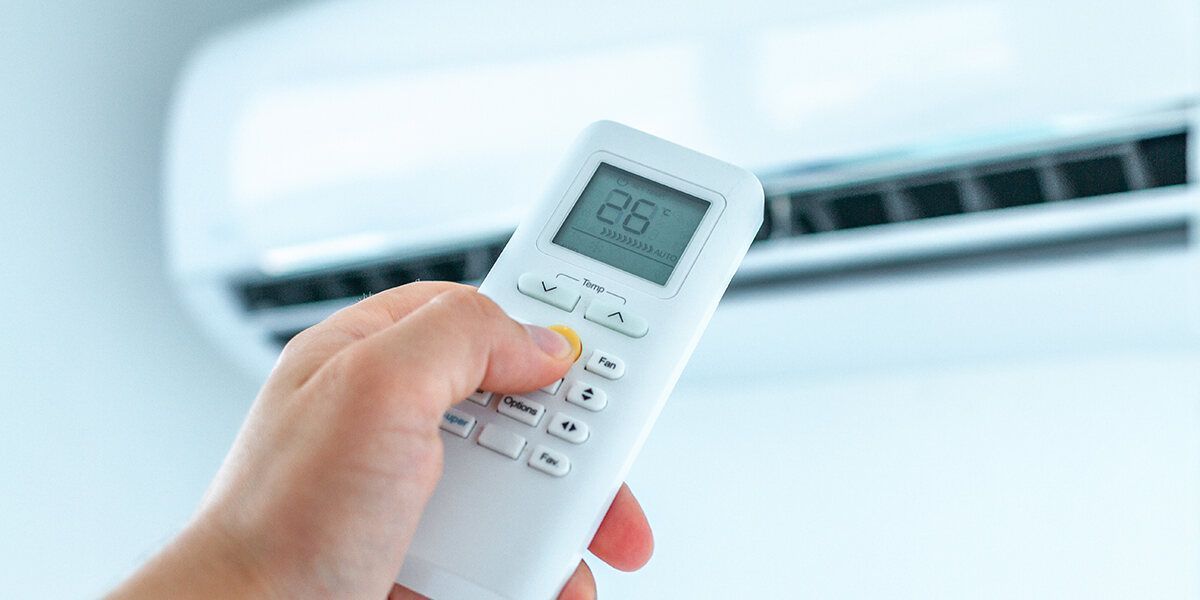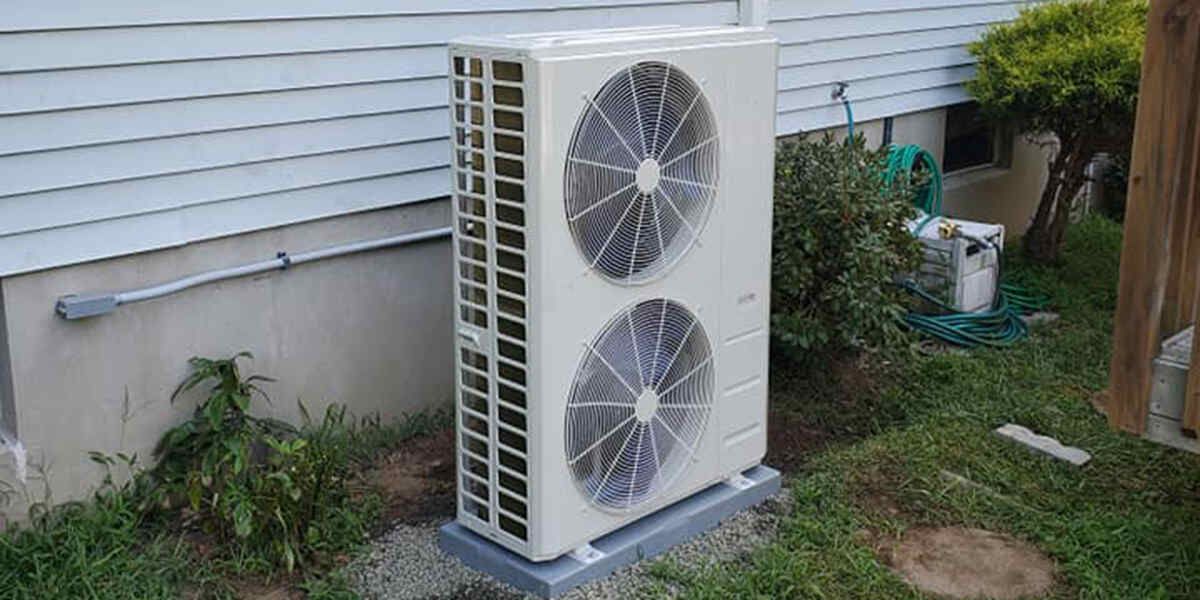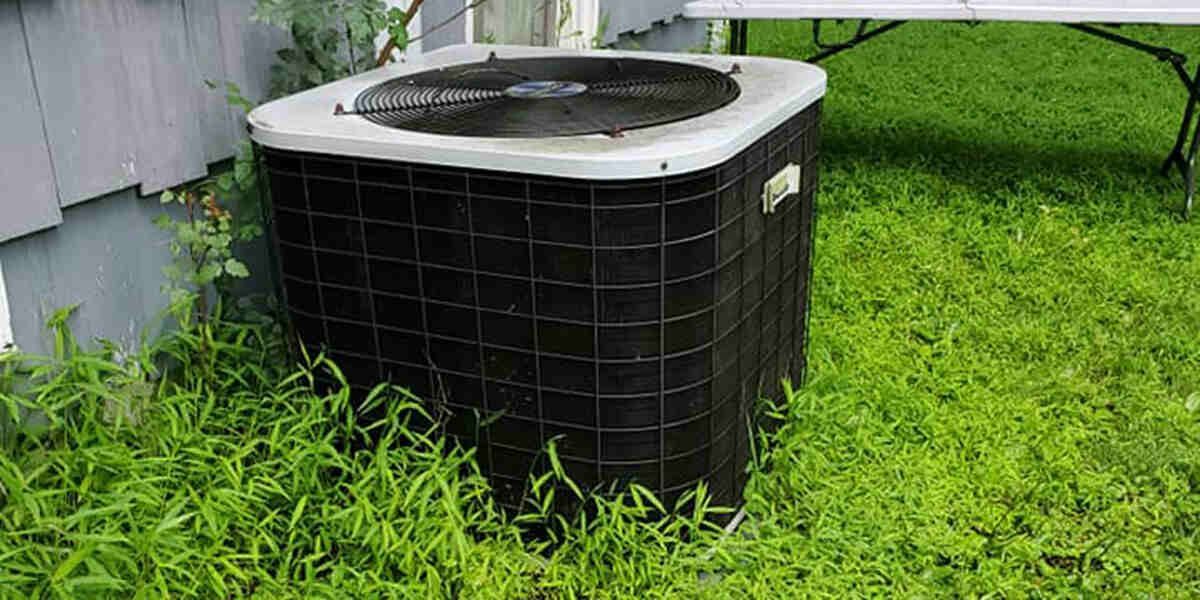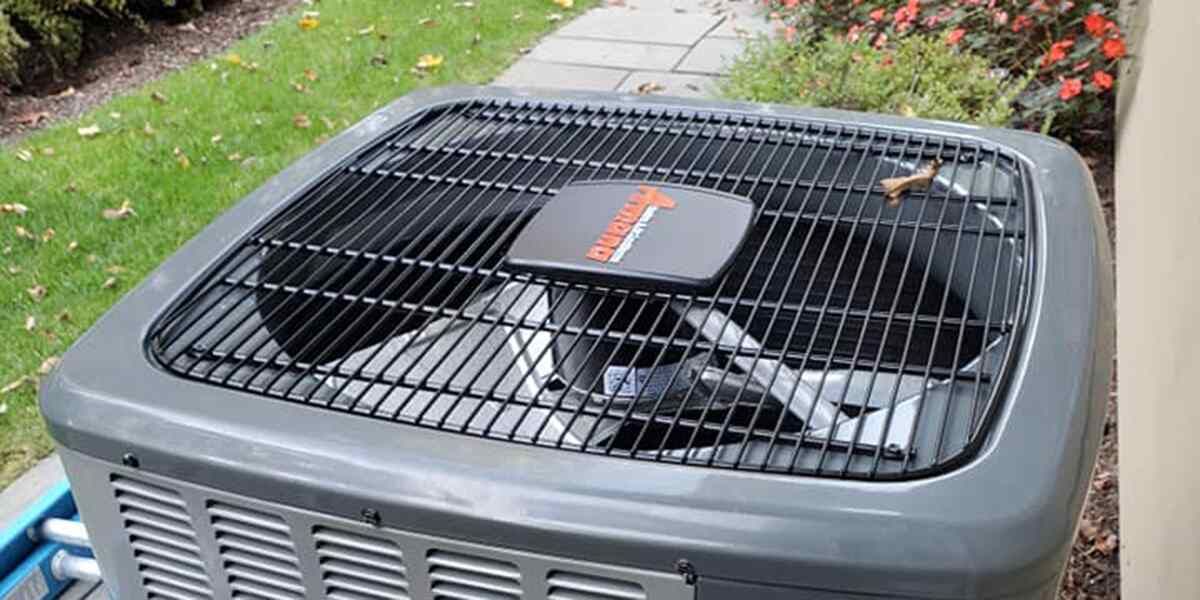Whole House Surge Protectors: Are They Worth It?
Comfort Specialists
People don’t always think about power surges until they occur, usually resulting in the loss of expensive electronics and appliances plugged into the circuit. Gone are the days of connecting devices to a powerstrip and expecting it to be good enough to relegate the circuitry. With an abundance of sensitive electronics and multiple causes of power surges, that simple protection isn’t enough anymore.
Instead of leaving your home’s electronics at the mercy of these surges, you may look at whole house surge protectors as a
viable
solution. Yet, is a whole house surge protector worth it? Considering how surges can fry anything from computers to satellites, this electrical upgrade may provide the suppression your home needs.
What Causes Power Surges?
A power surge occurs when something temporarily disrupts a flow of electricity before immediately re-establishing the current. When that happens, the electrical system receives an overload of electricity. As a result, the influx of electricity can fry or permanently damage electrical devices connected to the circuit.
It only takes a microsecond to shut off and resume power, leading to a surge. These events can occur from:
- Lightning strikes
- Bad wiring
- Faulty appliances
- Power line surges
- Tripped circuit breakers
Are Power Surges Common?
Power surges are more common than you think. When most people think of them, they think of lightning strikes near their homes that connect with wires leading to their properties. With more than 20 million lightning strikes touching ground each year in the continental U.S., natural electricity can lead to surges indoors due to their 200,000-amp jolt to electrical systems.
Despite the frequency of cloud-to-ground lightning strikes, about 80% of surges happen from sources inside the home. Internal power surges may occur dozens of times a day. However, most are too small for you to detect and insignificant enough to disrupt electrical service. Yet, internal surges are more likely to cause severe damage to plugged-in devices and components within the home’s electrical system than a lightning strike.
What Is a Whole House Surge Protector?
Electrical circuits need a safe way to divert higher-than-normal voltage into grounding wires to diminish the electricity and prevent a power surge. A surge protector can accomplish this feat, but it can’t cover everything. Whole-home protection requires a two-prong approach between your home’s:
- electric meter and the neighboring power lines
- breaker box and meter
A surge protector between the meter and power lines provides ample suppression between blown lines, lightning strikes, and other exterior surge causes. That type of protection is necessary for preventing irreparable damage to appliances hardwired to the home’s electrical system, such as:
- Security systems
- Major appliances
- HVAC units
- Garage door openers
The second layer of protection comes from a whole house surge protector to manage internal power influxes. It operates as point-of-use protection and will divert excess power away from devices plugged into it.
What Are the Advantages of a Whole House Surge Protector?
Some homeowners are hesitant to invest in electrical panel upgrades that include surge protection devices. Perhaps they believe the cost is too high or that plug-in surge protectors are enough. However, a professional whole house surge protector is worth it because it can save you thousands over its initial costs in several ways.
For starters, insurances companies often offer customers discounts for incorporating safety features into their homes. With a whole house surge protector, you may qualify for incentives on your homeowner’s insurance.
The protection system will also save you money on replacement costs for expensive electronic devices and appliances. A single surge can wipe out computers, kitchen appliances, security systems, and mobile technology in one blow.
What Is the Cost of a Whole House Surge Protector?
The cost of installing a whole house surge protector will depend on several factors, including the ones listed below.
Do You Have a Main and Sub Panel?
Some properties have an electrical sub-panel because the distance between appliances and the central panel is too far. A sub-panel will bridge the gap by receiving power from the mainline to supply electricity to various housing areas.
What Type of Equipment Will You Install?
Surge protection devices for the whole house come in different brands and models with various joules ratings determining each device’s maximum surge current capacity. They also have varying features, so the price points will not be equal.
What Type of Warranty Will You Have?
It’s always a good idea to have a warranty to cover investments like whole house surge protection. However, the more comprehensive the contract, the more you’ll pay for it.
Who Will Perform the Installation?
Electrical services can be hazardous if you don’t understand how these systems work. So, it’s best to leave the job to professionals. However, you want to find the most experienced and reputable electrician to handle the job without going over budget.
Always check the company’s credentials to ensure that they have the appropriate licensing and certification to do the job correctly. It also helps to read their reviews or inquire about their skills and services with past clients.
Is a Whole House Surge Protector Worth It?
There’s no question that a whole house surge protector is a worthwhile investment for your home, your belongings, and your peace of mind. Surges occur all day, every day, but you never know when one will be strong enough to knock out your electrical panel and everything connected to it.
With protection in place, you can rest assured that your home and wallet are safe.
Are You Ready To Get Whole House Electrical Protection?
Is a whole house surge protector worth it? Yes, and Comfort Specialists is the company to handle the job for your New Jersey home. Our expert technicians specialize in heating, cooling, and electrical services. After more than a decade of hands-on experience completing thousands of jobs, we know how to meet your home’s electrical and HVAC needs.
We proudly serve Morris, Essex, Hunterdon, and Warren counties. Call
(973) 566-5871 today to request service.



